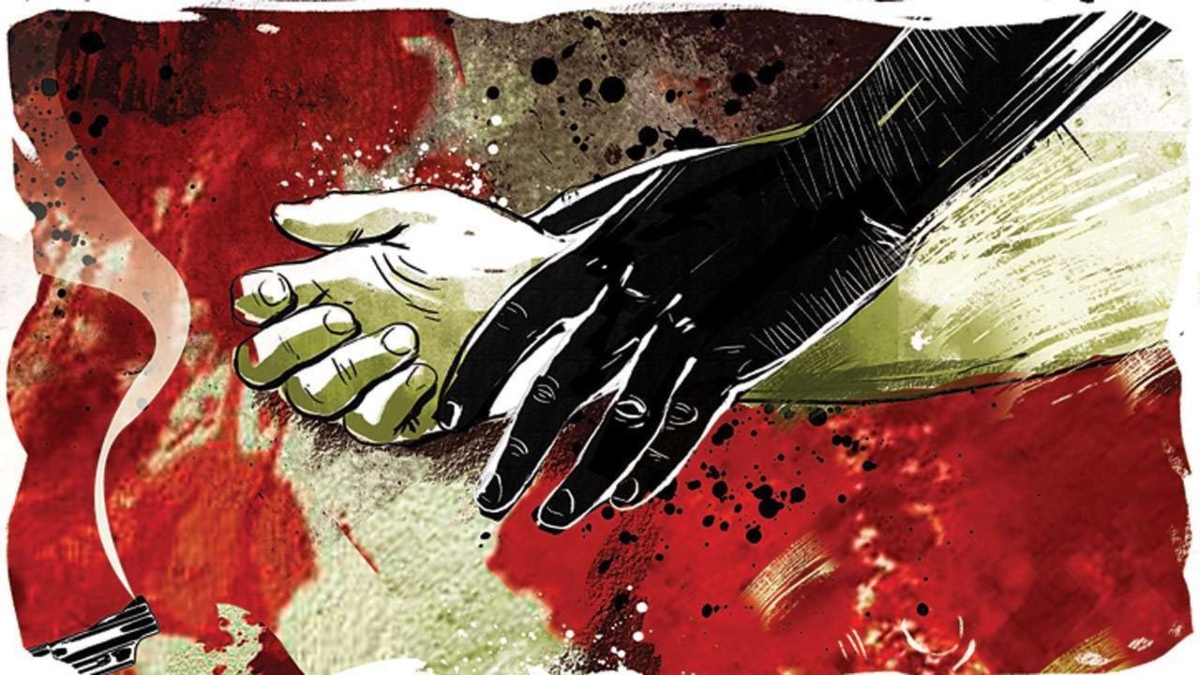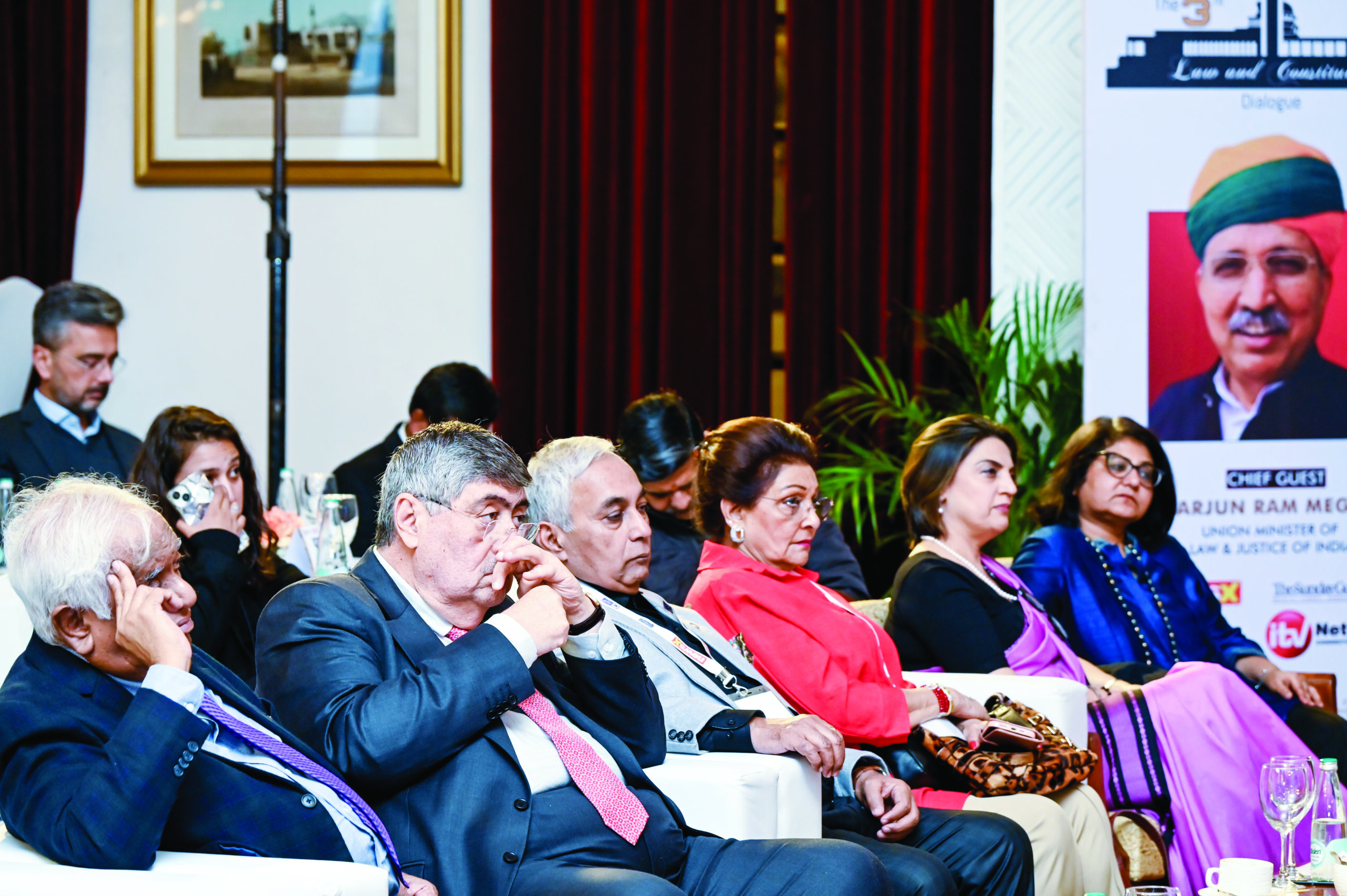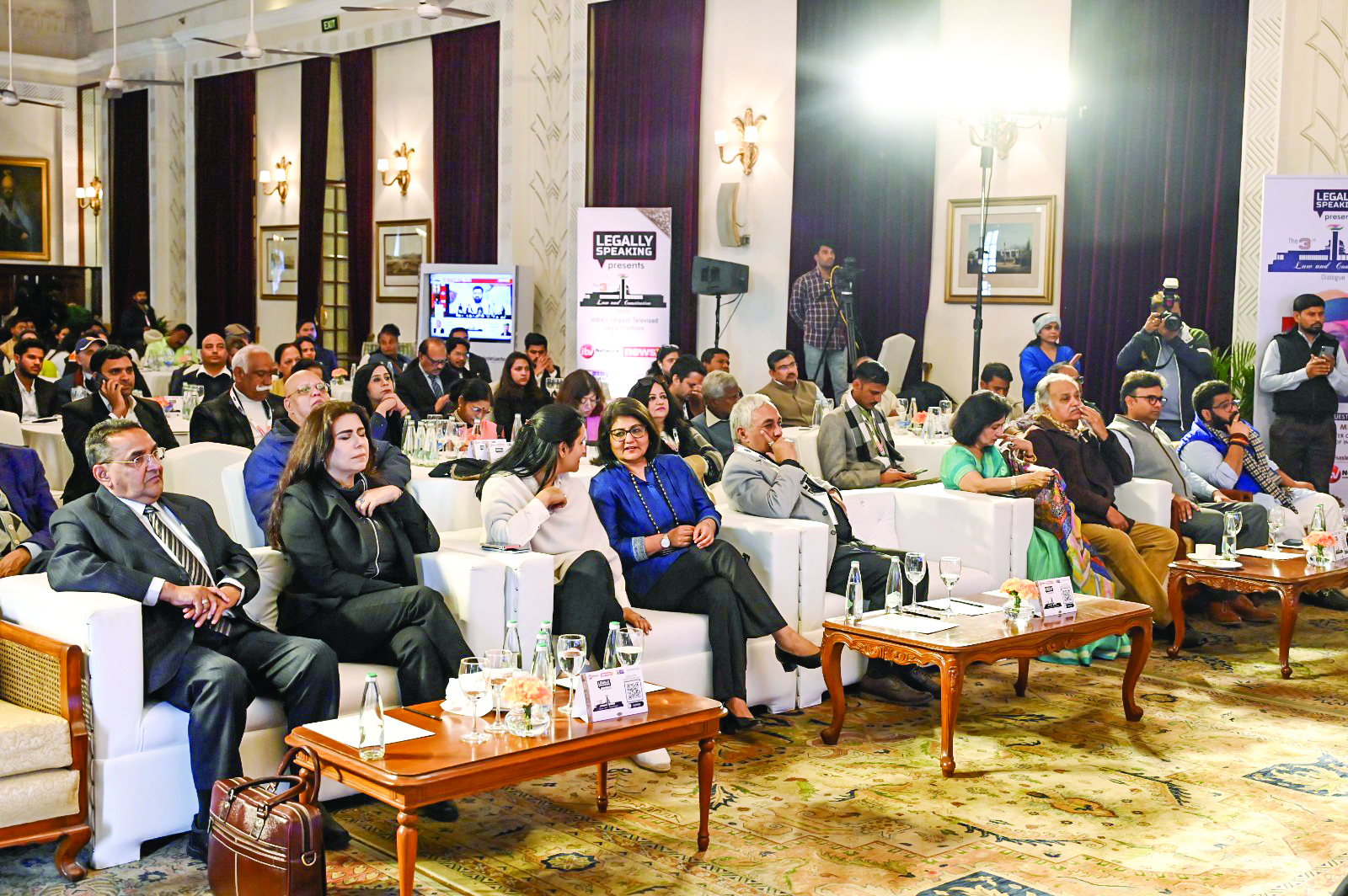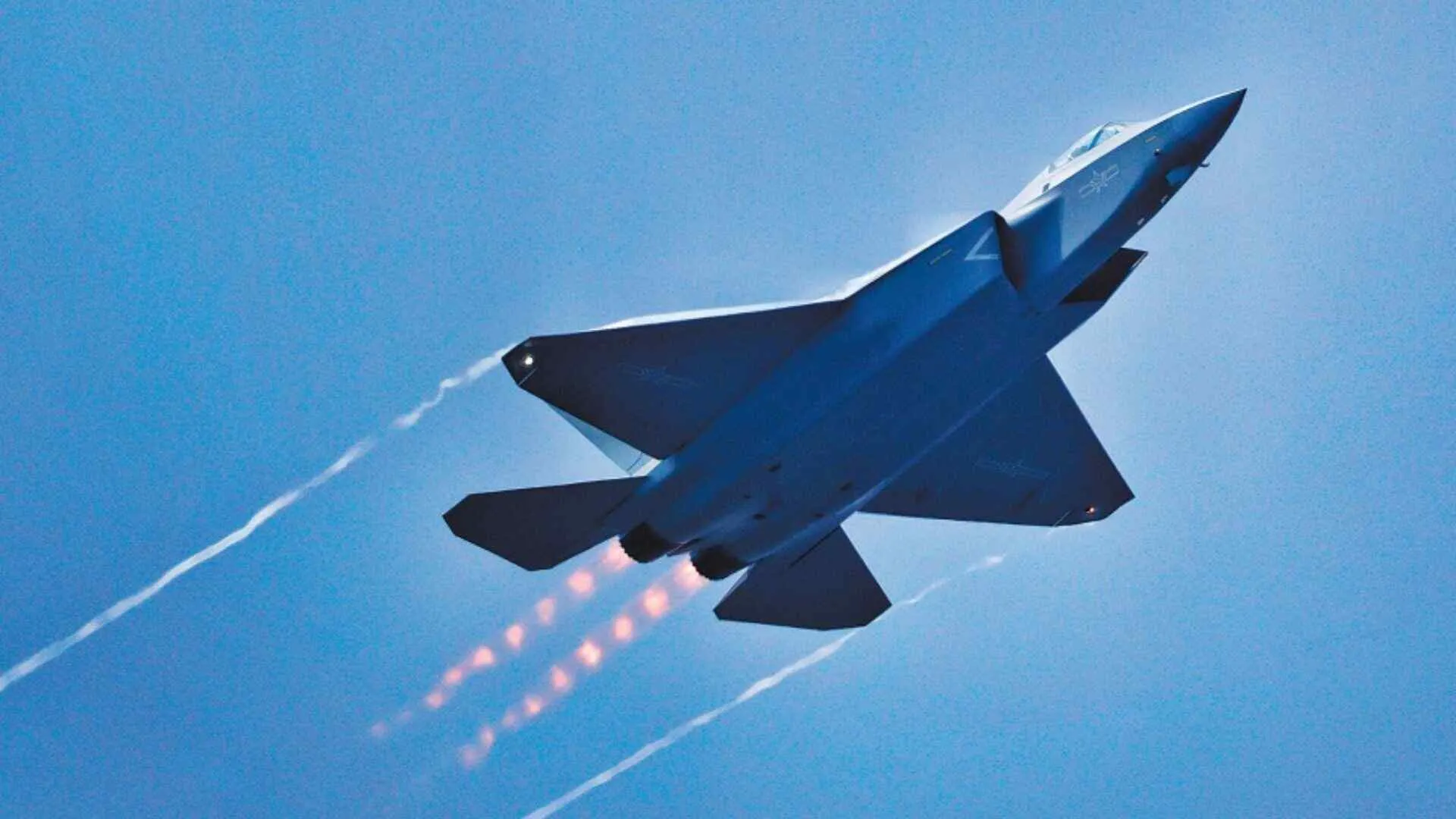Sexual intercourse or sex is a private and intimate affair that needs permission of both the partners. But when we talk about the Indian marriages, it is assumed to mean indirect consent from the wife’s side to all sexual activities that are initiated by the husband. In the world, India is one of the countries that still fail to recognize sexual abuse committed by the husband on his wife at the course of marriage as “rape”.
The international organization such as the United Nations advised the India to penalise the marital rape. The reason is that it violates both the human and fundamental rights. The issue is to be taken into consideration by the government.
On 30 July 2021, the Kerala High Court held that marital rape – a legal ground for divorce. The Court observed that marital rape is the form of cruelty or abuse and every person had a right to respect his or her mental and physical integrity including integrity to the body. The Court further observed that sexual intercourse without wife’s consent would amount to martial rape.
LEGAL PROVISIONS REAGRDING MARITAL RAPE
When we analysis the law of Indian Penal Code 1860 (IPC), sexual intercourse with a woman below the age of 18 years is considered as rape. But the question is that if the married woman then this is rape or not? According to section 375 IPC, any sexual intercourse with married woman below the age of 14 is considered as rape.
As per the Criminal Amendment Act 2013, strangely and sadly the position of law seems to have been that while a 15 to 18 years old woman was protected from any sexual abuse, a married woman from 15 to 18 years of age was simply presumed to have given her permission to “all” sexual activities of her husband by virtue of just “being married”. The said Act of 2013 increased the age limit for giving permission from 15 to 18.
The Justice Verma Committee suggested removing the exception of marital from section 375 IPC. According to Justice Verma, only the consent should be valued between victim and offender not the relation. But the law fails to penalise the marital rape in India. The victim of marital rape can filed complaint under The Protection of Women from Domestic Violence Act, 2005.
NEED OF THE HOUR
There is a need to fill the loopholes in the criminal justice system regarding marital rape. Also, during the lockdown period, many women experienced domestic violence and marital rape by their spouse. A large section of women continue to put up with sexual intercourse, which makes them more vulnerable to various kinds of psychological disorders and physical sufferings.
There are various arguments regarding the penalising of marital rape in India.
Many claimed that criminalising marital rape would weaken the foundation of marriage and leads to disgruntled wives to easily harass their partners. This argument is similar to the arguments held in the 18th century. In 1736, Justice Hale said that a husband cannot be a guilty of committing sexual intercourse without the consent of his wife due to legal wedded wife and contract of marriage. The Court held that marriage is consent by both the parties and also assumed that they have also consented to sexual intercourse.
SEXUAL INTERCOURSE BY HUSBAND NOT RAPE, EVEN IF BY FORCE
The Chhattisgarh High Court release man from facing trial for raping his wife, and reasoned that the law of India does not determine marital rape if the wife is above the age of 15 years.
The High Court was taking the revision plea by the husband against the framing of charges based on the complaint by his wife. The Court further observed that section 376 IPC were supposed to be erroneous and unlawful, the Court upheld the section 377 and 489A IPC against the husband.
Justice N K Chandravanshi relied on the exception of section 375 IPC that states that “sexual intercourse or sexual act by a man with his own wife, the wife not being under 15 years of age, is not rape”. Justice Chandravanshi also states that in the instant case, complainant is the legally wedded wife of applicant No. 1. So, any sexual act with her by husband would not constitute a crime of marital rape, even if it was without consent or against her will.
The wife stated that she experienced cruelty, abuse and harassment of dowry after her marriage. She also said that her husband had unnatural physical relations with her, and despite her protests, inserted his fingers and a radish in her vagina.
We conclude that our Indian Legal jurisprudence regarding marital rape is based on the idea of 18th century.












